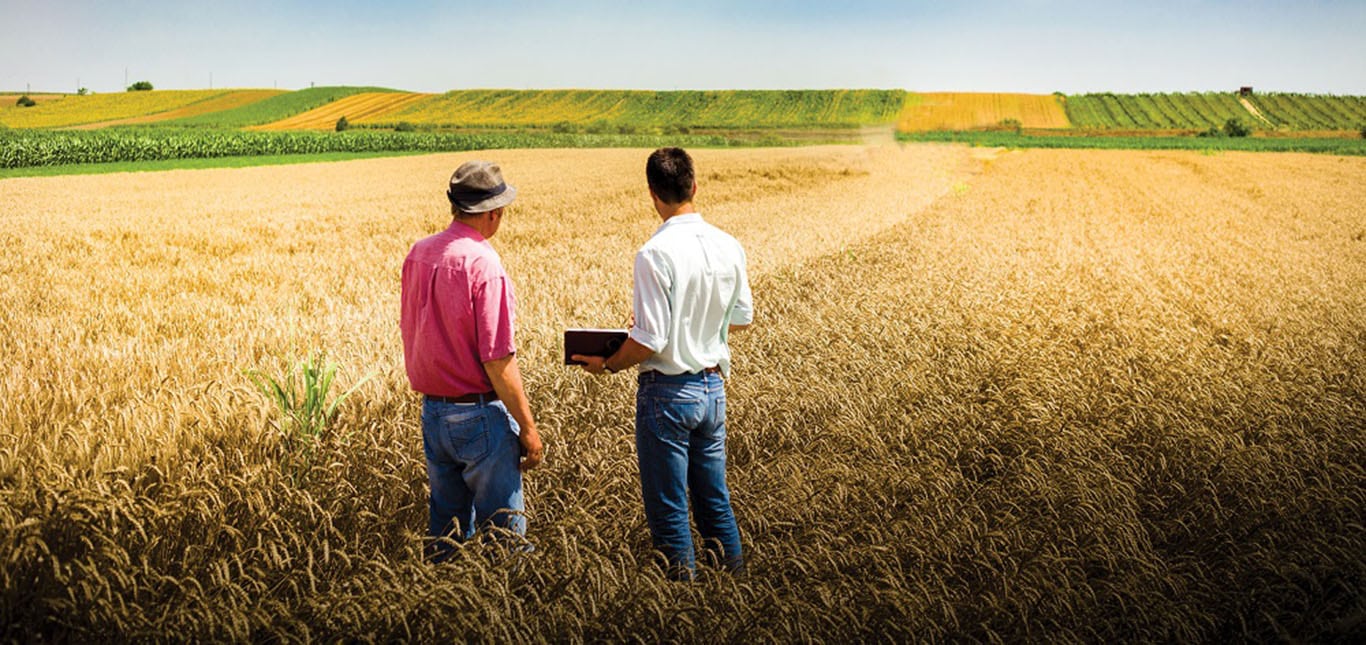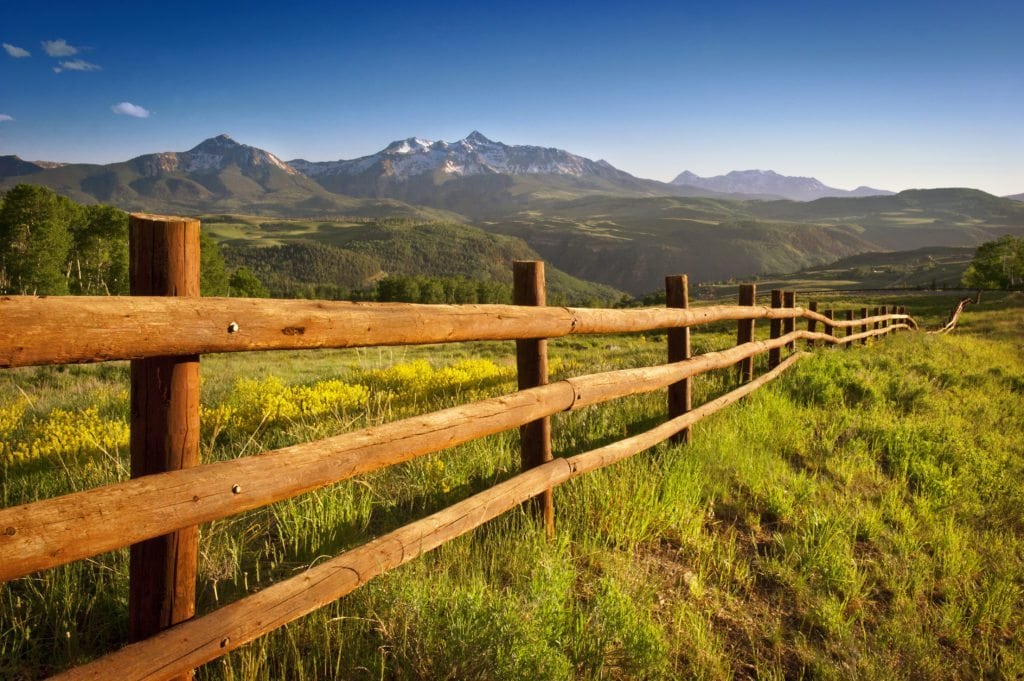Written by JoAnn Wall
Rural and agricultural real estate is a challenging and specialized market segment. Utilizing the services of an experienced real estate broker or attorney to assist you is a logical step in evaluating a property for purchase or sale. However, the added value of an expert in real property valuation, also known as an appraiser, is often overlooked. Appraisers with rural/agricultural expertise can assist in a variety of situations that call for an objective look at real estate values, trends, and even income potential of a specific agricultural property or enterprise. Appraising agricultural property, like any real property, requires a dispassionate approach to analyzing the various components where value is derived. These components can be physical, i.e. water, soil, irrigation, climatic considerations, topography, or they can be economical, i.e. crop production, market forces, consumer trends, etc. Few appraisers delve into these characteristics like rural/agricultural real estate valuation professionals.
Why utilize a rural property appraiser?
Real estate appraisers who specialize in agricultural/rural property should be hired whenever the situation calls for an experienced, ethical, and well-supported approach to a valuation problem—not just in the buying/selling of agricultural real estate, but a myriad of situations whereby the consequences of “cheap and quick” might be ill-advised. Estate work, tax assessment appeals, conservation easements, legal cases, investment purchase considerations, foreclosure/bankruptcy, and even lease negotiations are a few of the many situations where an experienced and well-educated rural property appraiser can mean the difference between a successful outcome or a negative experience for you, your client or your employer.
The single best approach to identifying and hiring the right appraiser for the job is to seek personal recommendations from those in a similar field. If you need an appraiser who is experienced in vineyard and winery valuation, for example, you will want to seek advice from other vineyard/winery owners in your local market. In addition, consider consulting a professional organization such as the American Society of Farm Managers and Rural Appraisers® for a list of specialized agricultural appraisers in your area.
Do not be afraid to interview several appraisers regarding their qualifications, experience level, fee structure, timing and areas of specialized expertise. Ask for a work sample and resume or curriculum vitae (CV). Most appraisers will ask you pointed questions about the property you are looking to have valued as well as the purpose and intended use of the appraisal work needed. A good appraiser will be honest with you regarding their level of competency as it relates to the property in question. However, simply judging an appraiser based on credentials alone may not be enough. A good appraiser will take the time to explain to you the appraisal process and steps needed to produce credible valuation results.
Like any trained professional (think accountant, attorney, doctor, teacher, etc.), appraisers must command a level of trust from their clients and the community. Ethics remain the cornerstone of the appraisal profession. Seek appraisers who are not only specialized in the rural/agricultural property field, but who have demonstrated a consistent, uncompromising approach to ethics and who continue to pursue continuing education opportunities to sharpen their skills and add value to their services. Innovative appraisers will utilize technology alongside tried and true methodologies giving you a balanced approach to your appraisal questions.
Taking the time to properly vet and select a specialized rural/agricultural real estate appraiser will result in a positive experience for all parties involved and utilizing an individual with an Accredited Rural Appraiser (ARA) designation ensures that you are utilizing an individual that has been property trained to analyze the many, and often changing, attributes of agricultural real estate.
JoAnn Wall, ARA is the Regional Vice President for the California division of Contour Valuation Services. JoAnn has a wide range of appraisal experience and is quickly becoming known as the authoritative source for vineyard and winery valuation on the Central Coast. JoAnn received her ARA designation in 2008, and sits on the National ASFMRA Appraisal Education and Accreditation Committee. She wrote and teaches the National ASFMRA Introduction to Vineyard and Winery Valuation course throughout the United States and is very active in the California Women for Agriculture San Lois Obispo County chapter.
This article was originally published in the spring 2015 issue of LAND magazine. Subscribe today at www.landmagazines.com!

